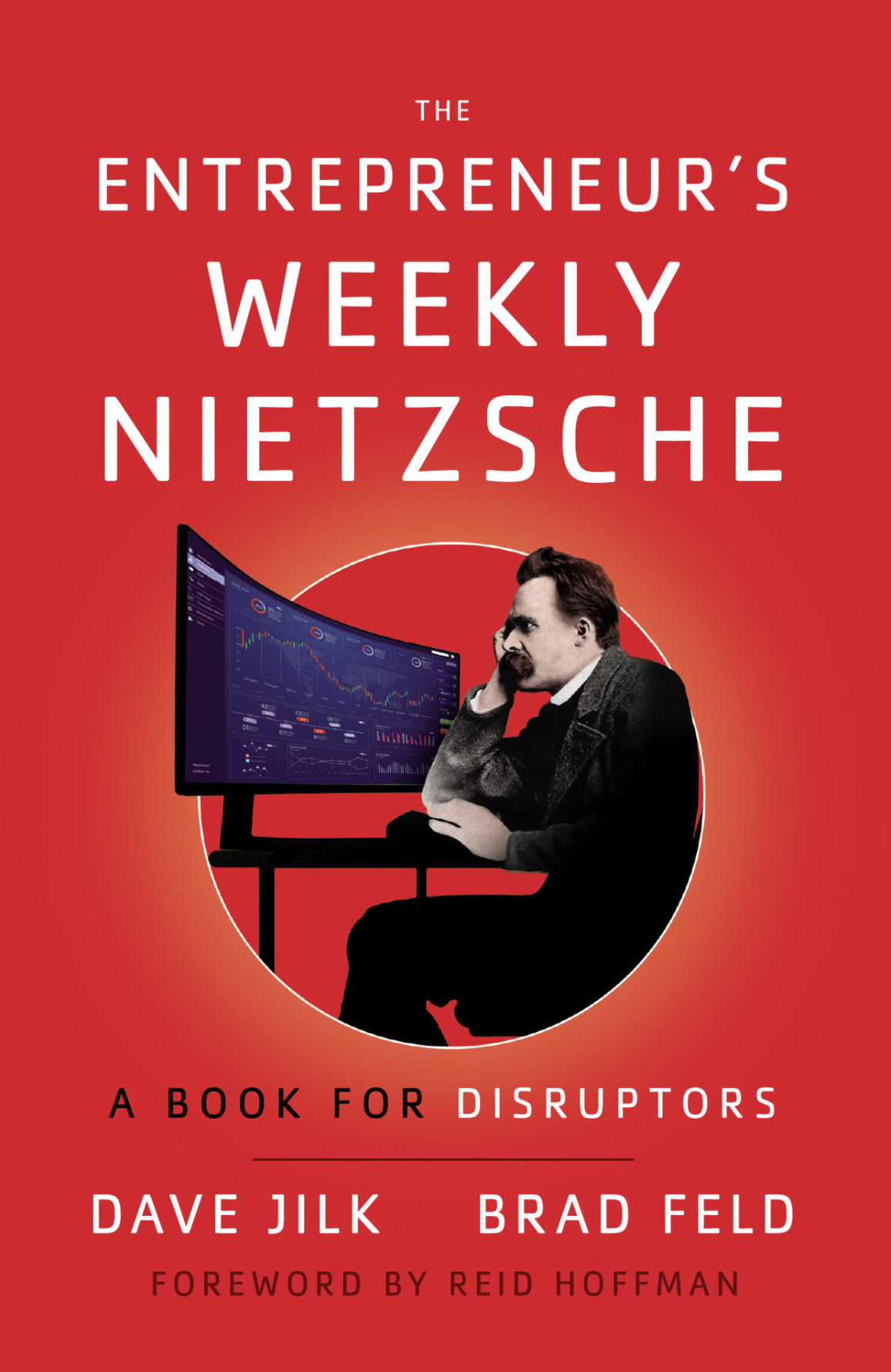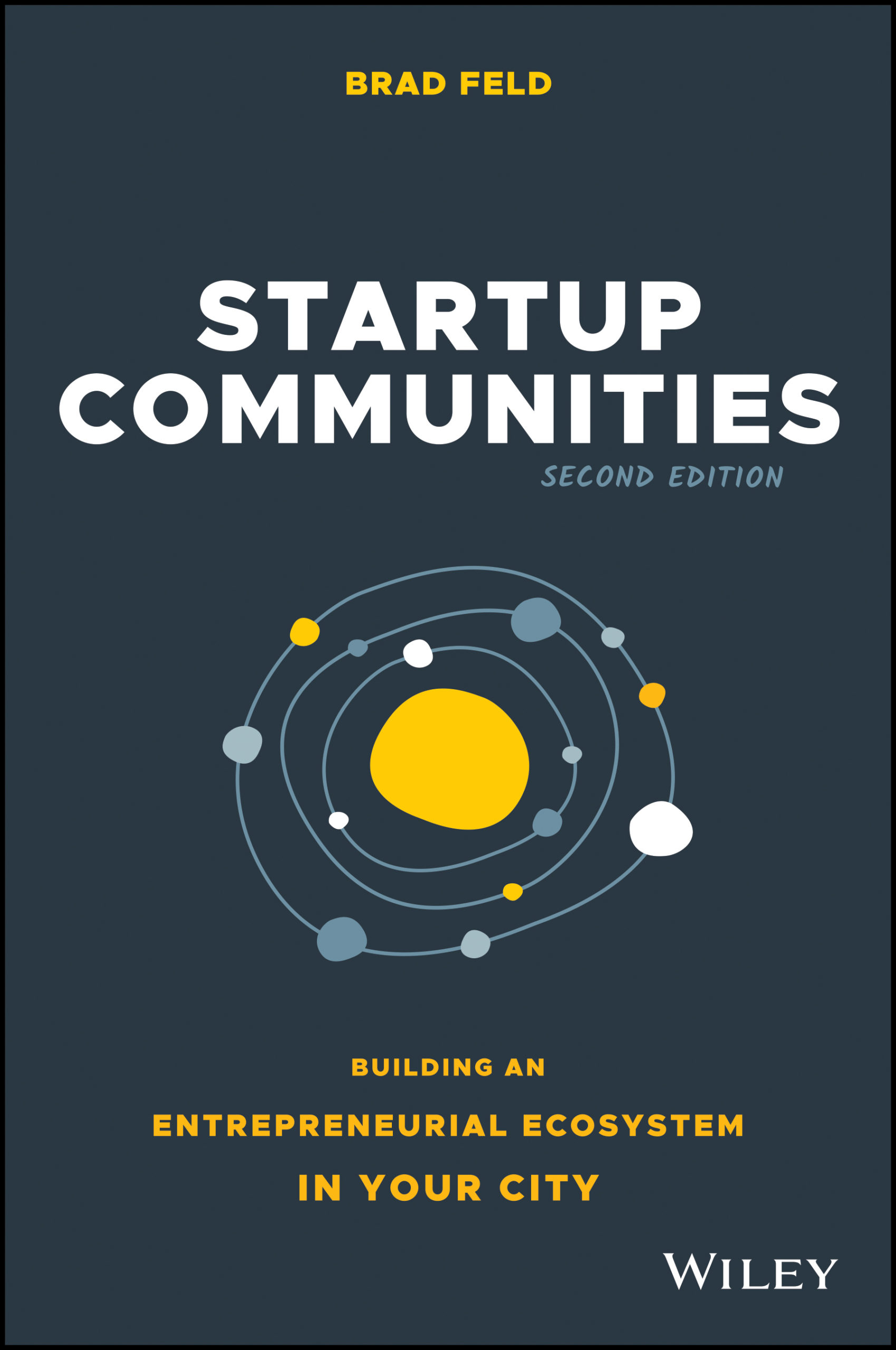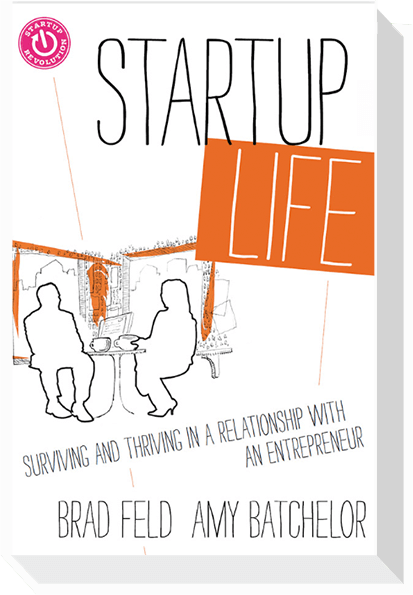Focus on Neighborhoods, Not Cities
Rob Kischuk has an excellent post up today titled startup communities are neighborhoods, not cities. Here’s an excerpt:
In a world where email, mobile phones, and video chat connect people instantly, it’s easy to underestimate the value of physical proximity. Boulder, Colorado has a thriving startup community, driven by startup density. In Atlanta, we would just call Boulder a suburb – it’s as close to downtown Denver as many of Atlanta’s outer suburbs are to downtown. I am certain that if an entrepreneur claimed that putting their office in Denver was just as good as setting up in Boulder, they would be roundly chastised, but in Atlanta, we pretend that all locations are equal, and that spreading startups across our metro area’s 8,000 square miles is competitive with Boulder concentrating its startups into 40 square blocks.
Any startup community that wants to replicate Silicon Valley, New York, Cambridge (Boston), or Boulder cannot ignore these facts. Proximity matters. Not linearly. Exponentially. Imagine that raising your seed round isn’t a matter of getting introductions to people you’ve never met. Imagine it’s having follow-up conversations with people you were first introduced to when you met a friend for lunch, then ran into them half a dozen times as you walked down the street to other meetings, then you talked to them about investing.
Rob lives in Atlanta and makes a powerful point that while “Atlanta” can be a startup community, the entrepreneurial leaders there should concentrate on “neighborhoods” first. Create some real entrepreneurial density by choosing a neighborhood and building all the entrepreneurial activity within in. A five by ten block area is more than enough. There’s no need for any formal decisions or declarations – just start doing it. In addition to locating there, all the entrepreneurs in the area should have events in the neighborhood, have dinners there, hang out there, and get to know and be part of the neighborhood. Over time the word with spread and you’ll wake up one day with a startup neighborhood.
These neighborhoods connect into one big community. Like most things associated with startups, this is a bottoms up, networked phenomenon. There isn’t a president of the startup neighborhood, nor do you have to be a member of it. And no one is the king of the community who gets to say where the neighborhoods are – they are just where the action is.
Go read Rob’s post – it’s a good one.








